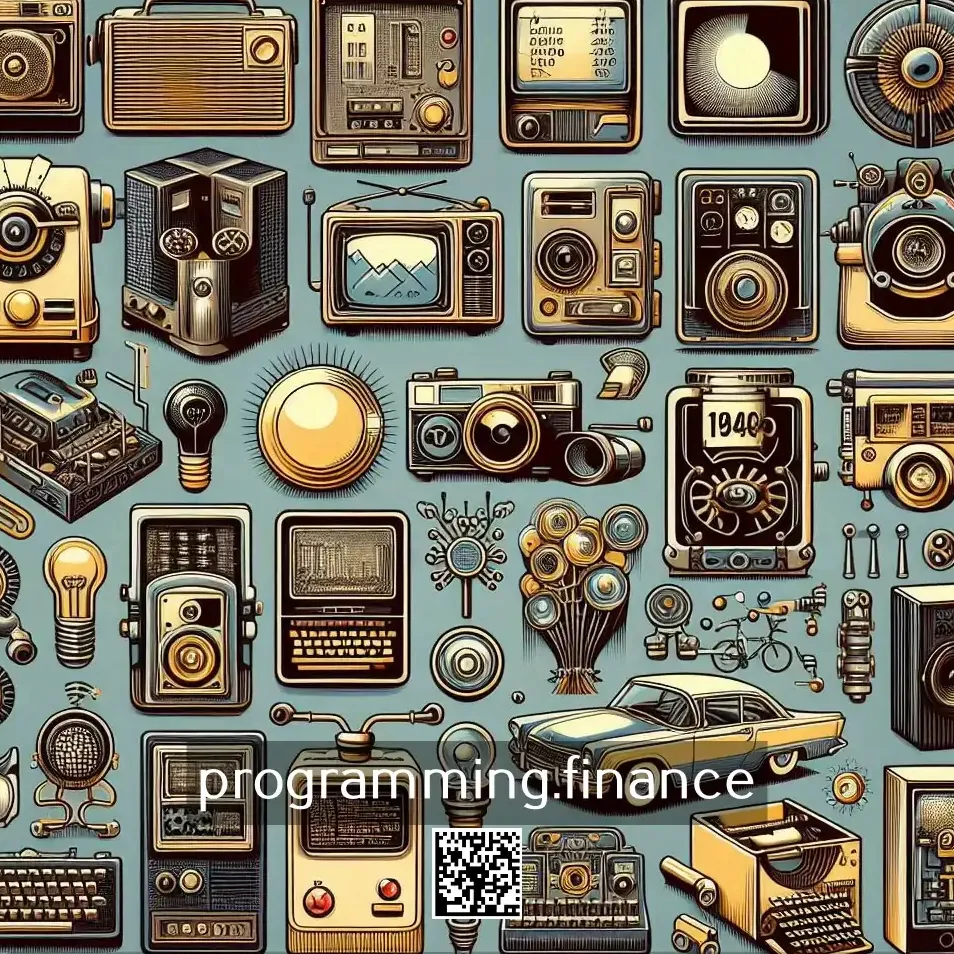The Impact of Technology on the Music and Entertainment Industry

The Impact of Technology on the Music and Entertainment Industry
Introduction
The advent of technology has profoundly transformed the music and entertainment industry over the past few decades. From the way music is produced and distributed to how audiences consume content, technological advancements have revolutionized every aspect of the industry. This transformation has created new opportunities for artists, producers, and consumers, while also presenting challenges related to copyright, revenue models, and industry regulation.
1. Digital Revolution and Music Production
The shift from analog to digital technology has democratized music production. High-quality digital audio workstations (DAWs) such as Ableton Live, FL Studio, and Pro Tools enable artists to produce professional-grade music from their home studios. This reduces reliance on expensive recording studios and broadens access for independent artists.
2. Distribution and Accessibility
The rise of online platforms like Spotify, Apple Music, and YouTube has revolutionized music distribution. Artists can now upload their work directly to streaming services, reaching global audiences instantly. This shift has decreased the importance of physical media (CDs, vinyl) and traditional record labels, empowering independent creators and diversifying available content.
3. Impact on Revenue Models
While digital distribution has increased accessibility, it has also impacted revenue streams. Streaming royalties are often lower than traditional album sales, leading to debates about fair compensation for artists. Nonetheless, digital platforms provide valuable exposure and new monetization avenues, such as merchandise sales and virtual concerts.
4. Changes in Consumer Behavior
Technology has altered how audiences engage with entertainment. Streaming services and social media enable instant access and interaction with artists, fostering a more engaged and participatory fan base. Additionally, the rise of user-generated content on platforms like TikTok influences music trends and promotes viral hits.
5. Innovations in Live Entertainment
Advancements in technology have enhanced live performances through augmented reality (AR), virtual reality (VR), and high-quality sound systems. Virtual concerts and live streams have become especially prominent during the COVID-19 pandemic, allowing artists to connect with fans remotely.
6. Challenges and Ethical Considerations
The digital age introduces challenges such as copyright infringement, piracy, and data security concerns. Protecting intellectual property rights remains a critical issue, prompting industry stakeholders to develop new licensing and digital rights management (DRM) solutions.
7. Future Trends
Emerging technologies like blockchain for transparent royalty distribution, artificial intelligence (AI) for music composition, and immersive experiences through extended reality (XR) are poised to further shape the industry. These innovations promise to enhance creativity, efficiency, and audience engagement.
Conclusion
Technology continues to be a driving force behind the evolution of the music and entertainment industry. While it offers unprecedented opportunities for innovation and accessibility, it also necessitates adaptive strategies to address new challenges. Embracing technological advancements responsibly will be key to fostering sustainable growth and creative expression in the industry.
